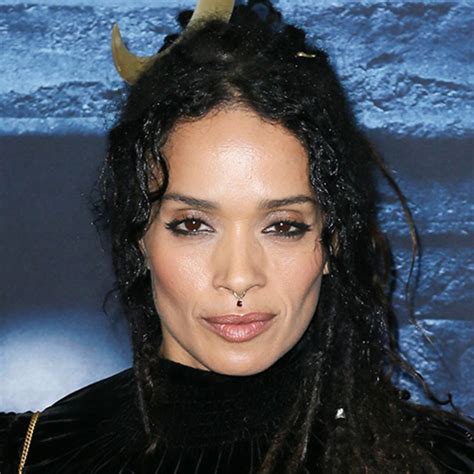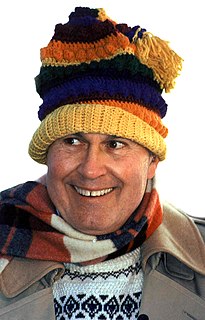A Quote by Lisa Bonet
I was literally the black sheep of the family, and there were definitely moments of discomfort while my grandmother was working through her racism.
Related Quotes
I think her Grandmother Hall gave her a great sense of family love, and reassurance. Her grandmother did love her, like her father, unconditionally. And despite the order and the discipline - and home at certain hours and out at certain hours and reading at certain hours - there was a surprising amount of freedom. Eleanor Roosevelt talks about how the happiest moments of her days were when she would take a book out of the library, which wasn't censored.
Since the fright of breast cancer hit our family, I have been surprised by how many people are dealing with breast cancer in their own family or with a loved one. One friend bluntly told me that she has been through it with her sister, her mom, and her grandmother, and all are healthy and mentally stronger because of the disease.
Ian’s the black sheep.” “I thought I was the black sheep,” said Seth, sounding almost hurt. “No. You’re the unfocused artistic one. I’m the responsible one. Ian’s the wild, hedonistic one.” “What’s hedonistic?” asked Kendall. Her father considered. “It means you run up a lot of credit card bills you can’t pay, change jobs a lot, and have a lot of…lady friends.




































